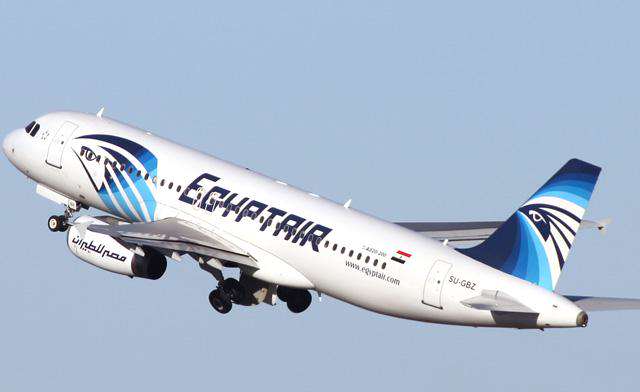On Tuesday, the British government joined the Trump administration in placing an embargo on passenger electronics. Individuals flying into the United States or United Kingdom from certain countries in the Middle-East and North Africa will no longer be able to carry devices larger than a smartphone in the cabin.
Much like the twice-thwarted travel ban, the move is intended to prevent acts of terror from knocking airplanes out of the sky. Although there haven’t been any successful large-scale attacks using aircraft since September 11th, attacks in Europe and America have put nervous governments on guard.
CNN reported that the United States is restricting cabin-stowed electronics inbound from ten separate airports: Cairo, Egypt; Dubai and Abu Dhabi in the United Arab Emirates; Istanbul, Turkey; Doha, Qatar; Amman, Jordan; Kuwait City, Kuwait; Casablanca, Morocco; and Jeddah and Riyadh, Saudi Arabia.
The British ban covers a shorter list but is more sweeping in its scope. London is applying the same anti-terror tactic to all inbound flights from Turkey, Lebanon, Egypt, and Tunisia. Cities in the United Arab Emirates and Qatar were not considered sufficiently high-risk to warrant inclusion.
Passengers, politicians, and news analysts don’t seem to be drawing any clear conclusions on what might have spurred the move.
Security expert Bruce Schneier told NPR by e-mail, “It must simply be based on some specific intelligence – it’s too focused on a particular tactic to be anything else.”
The Department of Homeland Security didn’t offer much in the way of explanation,
“Evaluated intelligence indicates that terrorist groups continue to target commercial aviation and are aggressively pursuing innovative methods to undertake their attacks, to include smuggling explosive devices in various consumer items,” the DHS’s Office of Public Affairs wrote in a fact sheet released online last night.

Al-Qaeda has repeatedly demonstrated its dismal fascination with aircraft since September 11th. The terror group has been reaching for the sky in a series of failed plots, ranging from bomb-laden drones in the U.S. capitol to another involving plastic explosives concealed in a pair of underwear.
Travelers who have gone overseas or passed through large airports within the last several years may have noticed an increase in electronics-related security. Testing smartphones for traces of explosive residue has become a common practice in the United States as well as India and the UK.
The new rule has the potential to inconvenience hundreds of thousands of passengers flying into the United States in the upcoming months, as well as pilots and flight crews.
Specialists on NPR’s Michigan Radio also noted in an interview that the ban just didn’t seem to very well thought-out, considering it only covers direct flights to the United States. A would-be terrorist could bring a nasheed-spitting laptop from Istanbul to Amsterdam and onward to Detroit via KLM without arousing any suspicion. People transiting from East, Southeast, and South Asia with connections in the Middle-East and Maghreb could run afoul of rules which restrict their electronic carry-on allowances for only one leg of their flight.
Sources
Airline electronics ban: What you need to know
The airline electronics ban is already causing confusion and frustration
New Device Restrictions On Some Flights: Few Facts, Many Questions
Reports: U.S. To Ban Larger Personal Electronics From Cabins Of Some Flights


Join the conversation!